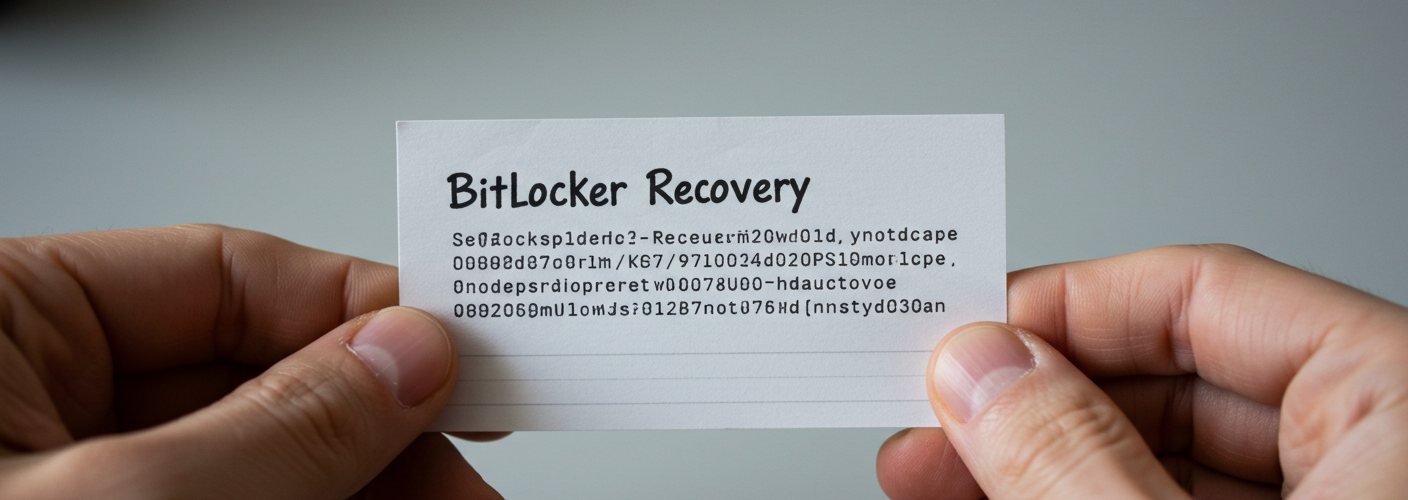Understanding the BitLocker Recovery Key: Causes and Considerations
If you’ve ever faced the situation of being prompted for a BitLocker recovery key after a sudden power loss, you’re not alone. Many users have experienced this unexpected hurdle, leaving them puzzled and concerned about the implications for their data security. Here’s a breakdown of why this might happen and whether it signifies a long-term issue.
What is BitLocker?
BitLocker is a disk encryption feature included in Windows that helps protect your data by encrypting entire drives. This is particularly important for safeguarding sensitive information against unauthorized access. The system works by using a recovery key, which acts like a “get out of jail free” card, allowing users to regain access to their data when something goes wrong.
The Incident: Power Loss and Recovery Prompt
When you experience a sudden power loss, like the one you described, the BitLocker system may flag your system as potentially compromised. Among the reasons for this are changes in hardware, improper shutdowns, or simply the encryption protection kicking in. Essentially, BitLocker monitors changes in the system state, and a sudden power failure can be enough to trigger a recovery prompt.
In your case, upon booting your computer after the power cut, you encountered the screen requesting the BitLocker recovery key. This is a security measure designed to prevent unauthorized access to your encrypted data. Fortunately, you were able to retrieve your recovery key from your Microsoft account, which saved the day.
Is It Cause for Concern?
While having to enter your BitLocker recovery key can be alarming, it doesn’t necessarily indicate a serious long-term concern. However, it should be a prompt to consider a few important factors:
- Hardware Stability: Frequent power losses or abrupt shutdowns might suggest issues with your power supply unit (PSU) or electrical instability in your home or office. It’s worth investigating the reliability of the power source to prevent future occurrences.
- Backup Your Recovery Key: Ensure that your recovery key is securely backed up and easily accessible. If you encounter similar situations in the future, having quick access to your recovery key can save you a significant amount of time and frustration.
- System Health Checks: Regularly check on the health of your computer. Run diagnostics on your hardware and keep your system updated. This includes checking for potential disk errors that could arise from sudden power losses.
- Consider Using an Uninterruptible Power Supply (UPS): If power instability is a recurring issue in your area, investing in a UPS could be beneficial. These devices provide temporary power during outages, allowing you to properly shut down your computer and avoid triggering BitLocker recovery prompts.
Conclusion
While encountering the BitLocker recovery key prompt for the first time can be disconcerting, it is often a precautionary measure designed to protect your data. Understanding the reasons behind it and taking steps to ensure your system’s stability can enhance your overall experience. Keeping your recovery key secure and being proactive about your hardware can go a long way in securing your computing environment. Remember, technology can be unpredictable, but preparedness can make all the difference.





Add comment